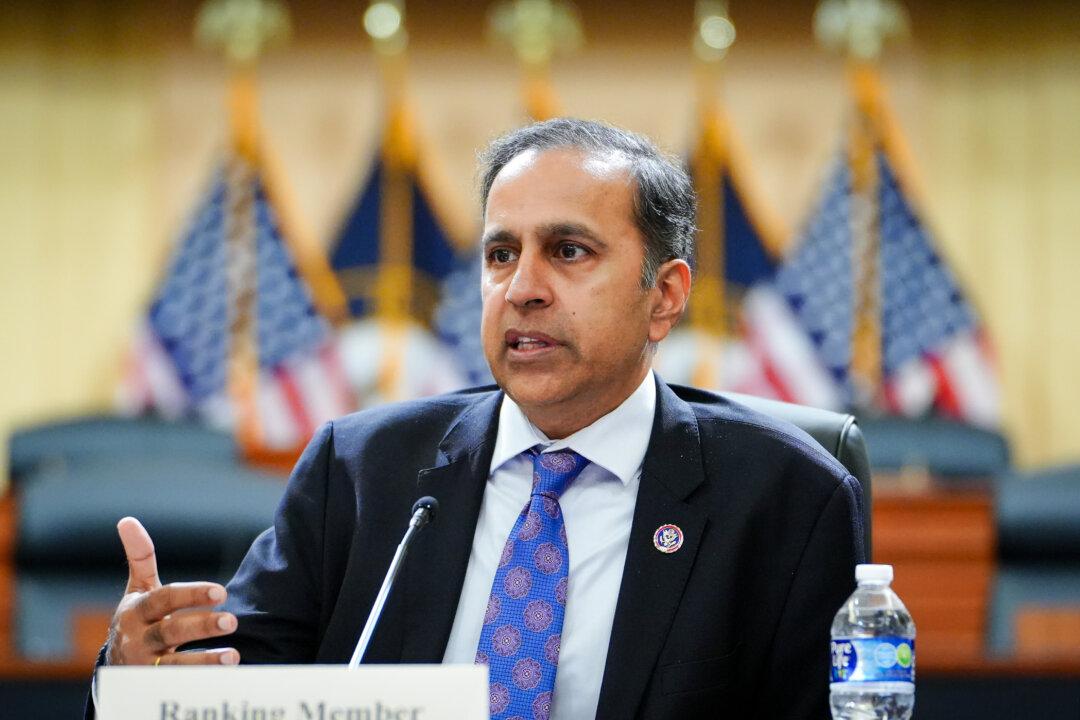The United States “would be naive” to assume that the Chinese Communist Party (CCP) won’t try to interfere with the 2024 elections, according to a House panel leader on strategic competition with the regime.
Rep. Raja Krishnamoorthi (D-Ill.), the ranking Democrat on the Select Committee on the CCP, noted at a Feb. 5 Semafor panel that the Chinese regime has developed a “very, very sophisticated approach to discourse power.”





